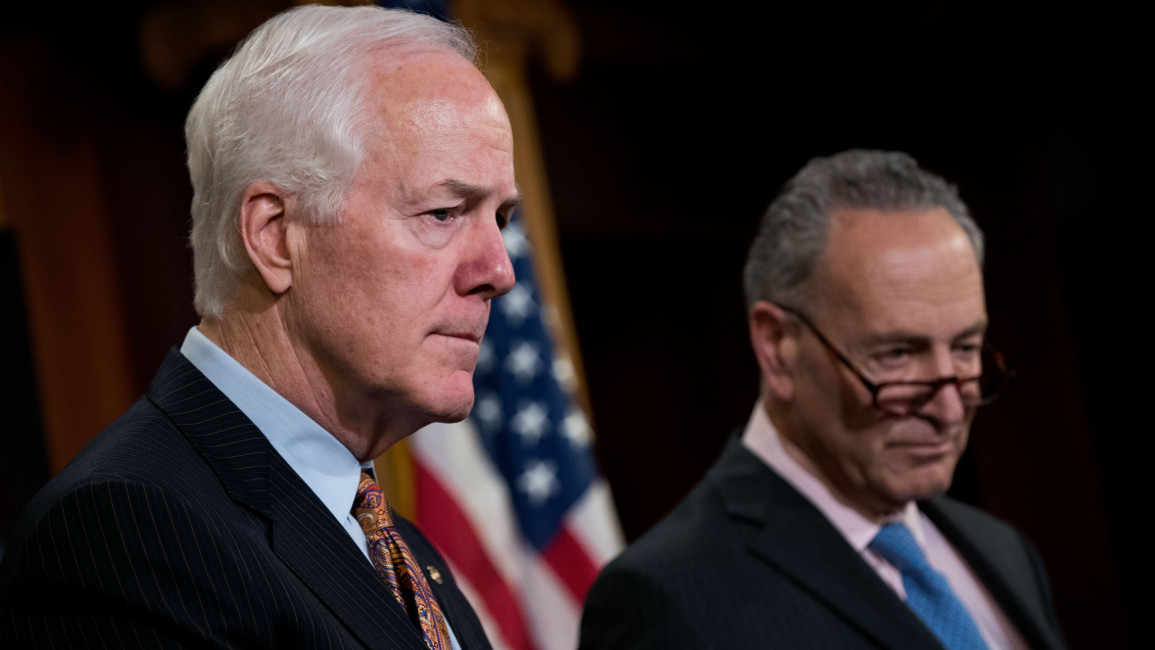Saudi Arabia government might be sued for 9/11 attacks
Families of those who died in the 11 September terror attacks can now sue Saudi Arabia after a landmark vote in the US senate.
The Justice Against Sponsors of Terrorism Act was approved by voice vote on Tuesday, and could put Congress on collision course with the Obama administration, and has already led to a souring of ties between Riyadh and Washington.
Saudi Arabia has already threated to pull billions of dollars from the US economy if the bill is enacted.
There is already some disagreement on the amount, with Saudi Arabia saying they own $750 billion in treasury securities, while the US says the real figure is around $116.8 billion.
The new legislation gives victims' families the right to sue the government of Saudi Arabia in US court for any role that elements of the Riyadh government may have played in the 2001 attacks. However, the house must still approve the legislation.
The 11 September 2001 terror attacks were carried out by a number of Saudi nationals and others, and led to the deaths of nearly three thousand people in New York, Washington DC, and Pennsylvania.
Relatives of the dead have urged the Obama administration to declassify and release US intelligence that allegedly discusses possible Saudi involvement in the attacks.
Saudi Foreign Minister Adel bin Ahmed Al-Jubeir denied earlier this month that the kingdom made any threats over the bill, although he did warn that investor confidence in the US could be shook if the bill became law.
"In fact what they (Congress) are doing is stripping the principle of sovereign immunities, which would turn the world for international law into the law of the jungle," Jubeir said in a statement earlier this month.
The sponsors of the bill appear unconcerned with the threat of a major diplomatic dispute which could be triggered by the bill, and said that the law would mean justice for the families.
 |
Given the concerns that we've expressed, it's difficult to imagine the president signing this legislation - Josh Earnest, White House spokesperson |
 |
"[The bill] will combat terrorism with every tool we have available, and that the victims of terrorist attacks in our country should have every means at their disposal to seek justice," said Senator John Cornyn, a Republican lawmaker for Texas.
Chuck Schumer, a Democrat representing New York, said that any foreign government that aids terrorists and harm the US "will pay a price if it is proven they have done so".
Despite President Barack Obama's administration's warnings about the bill, a number of Democrats have supported the bill in the Senate.
The White House has said the bill could also put Americans overseas to legal risks.
"Given the concerns that we've expressed, it's difficult to imagine the president signing this legislation," Spokesman Josh Earnest told reporters.
However, Schumer believes that the Senate will get the two-thirds vote to override a presidential veto.
"We don't think their arguments stand up," the New York lawmaker said.
Senator Lindsey Graham, the chairman of the Senate subcommittee that controls foreign aid, had blocked the bill from moving to the Senate floor until changes were made to ensure the legislation didn't backfire on the United States.
This is based on the belief that citizens in foreign countries could sue the United States if the law is passed. Graham released his hold earlier this month, clearing the way for Senate action.
Former Republican leader John McCain also warned that the legislation could undermine the US' critical relationship with probably the most powerful Arab country.
Agencies contributed to this story



